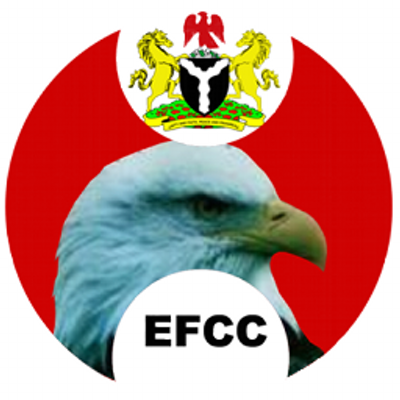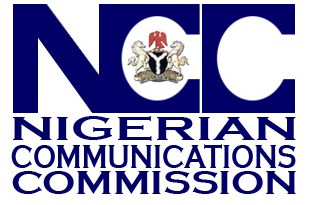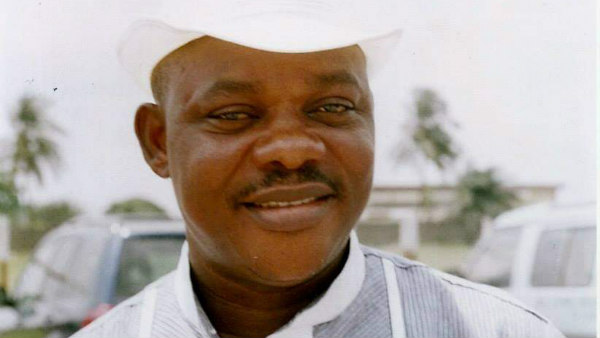The ongoing trial of Nnamdi Henry and Vitalis Umunna, also known as Colonel Sambo Dasuki, for an alleged $45,000 fraud continued on November 8, 2021 before Justice S.O. Solebo of the Ikeja Special Offences Court, Lagos with, the Economic and Financial Crimes Commission, EFCC, presenting its first witness and tendering several documents to prove the case against them.
The EFCC, had on May 11, 2019, arraigned the defendants on a seven-count charge bordering on conspiracy contrary to Section 8 of the Advance Fee Fraud and Other Related Offences Act 2006; obtaining money under false pretence contrary to Section 1 (3) of the Advance Fee Fraud and Other Related Offences Act 2006; possession of documents containing false pretence contrary to Sections 6, 8 (b) and 1 (3) of the Advance Fee Fraud and Other Related Offences Act 2006.
One of the counts reads: “Nnamdi Nwosu, Vitalis Emeka Umunna and Oriazonam Destiny Unity (at large) sometime in the month of January 2014 at Lagos, within the Jurisdiction of this Honourable Court, did conspire among yourselves to defraud JFC Company Limited operating in Japan the sum of $45,000 (Forty-five Thousand Dollars) from JFC Company Limited on the pretence that the money was meant for international postages and legal fees for the importation of construction machines, which pretence you knew to be false.”
They pleaded “not guilty” to the charges when they were arraigned, thereby prompting the commencement of their trial.
At today’s proceedings, prosecuting counsel, T.J. Banjo, tendered several documents through Anfada Emmanuel, the EFCC operative who led the investigation.
Led in evidence by Banjo, Anfada told the Court that the EFCC received a petition from the Ambassador of the Embassy of Nigeria in Japan, in which it was alleged that some Nigerians defrauded a Japanese company.
He said: “In the petition, it was alleged that the defendants conspired and defrauded JFC Company Limited of over 4.5 million Japanese Yen equivalent to $45,000 in a business deal that involved the purported registration and award of contract.”
According to him, in investigating the allegations, the EFCC wrote to Western Union Money Transfer, the Corporate Affairs Commission, (CAC) the Federal Ministry of Finance, (FMoF), the Central Bank of Nigeria (CBN), as well as the Presidency (Office of the Secretary to the Federal Government).
In his examination-in-chief, the witness narrated how the defendants used forged and fake documents purportedly emanating from the CAC, FMoF, the CBN and Office of the SGF to defraud the company of the said sum received through Western Union Money Transfer.
Following painstaking investigation, he said the Commission eventually secured the arrest of the two defendants who, at various times, volunteered statements to the EFCC.
He added that upon forensic analysis of their devices, it was established that they were “actively involved in phishing”.
Thereafter, the prosecution sought to tender the petition received from the Embassy, the statements volunteered to the EFCC by the defendants, the letters of investigation activities written to the Office of the SGF, the CBN, the Office of the Accountant-General of the Federation, the CAC, and their respective responses to the EFCC.
There was no objection from the defence counsel, C.O. Eki.
Subsequently, the documents were admitted in evidence against them and marked Exhibits A, B1, B2, C1, C2, D, E, F, G1, G2, H, I and J.
The case has been adjourned till December 9, 2021.
Wilson Uwujaren
Head, Media & Publicity




